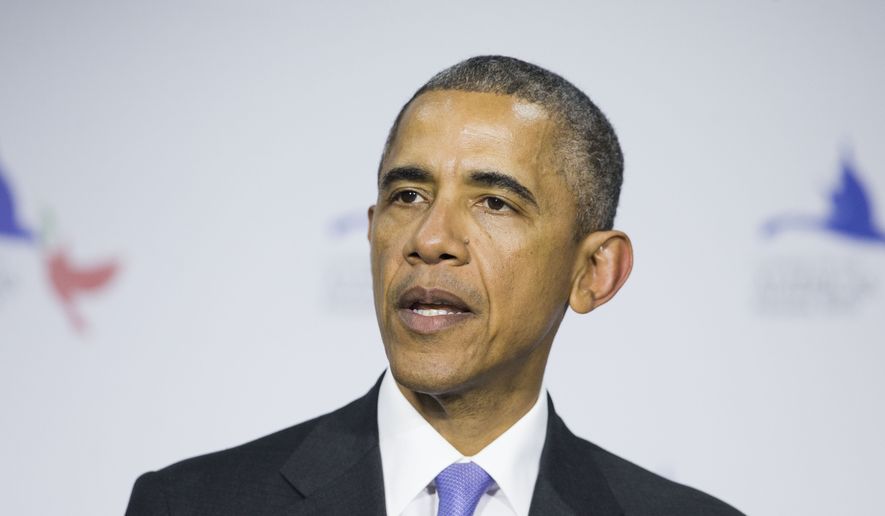Businesses are increasingly making use of a little-known program that lets them hire high-skilled foreign workers for internships, without having to pay their payroll taxes — creating what critics say is yet another perverse incentive to pick would-be immigrants over American workers.
Employers don’t have to pay the taxes on workers here under the Optional Practical Training (OPT) program, which allows former students to stay and work for up to 29 months after they graduate from a U.S. college or university, and nearly 500,000 applications have been approved over the last five years, according to a report being released Monday by the Center for Immigration Studies.
“You can be out of your university for more than two years and kindly old Uncle Sam still regards you as a student, allows you to still work legally in this country and worse, pays your employer a bonus instead of hiring a comparably qualified citizen or green card holder,” said David North, the researcher who wrote the report.
OPT was designed so new graduates could gain experience in their field. The program was supposed to be a 12-month grace period, but President George W. Bush created a program that allows foreign former students who got degrees in certain math, science or technology fields to remain an additional 17 months.
President Obama expanded the definitions to allow more foreigners to qualify for the program, and late last year, as part of his deportation amnesty, announced he would expand the program even further — though no details have been released yet.
Mr. North said the government has missed out on $4 billion in Social Security and Medicare taxes that would have been paid by workers who are subject to the payroll tax.
Use of the 12-month program has risen 34 percent from 2009 to 2013, when there were 93,143 applications approved. But the 17-month tech program has grown much faster, more than tripling from fewer than 6,000 applications granted in 2009 to 19,115 approved in 2013.
The program is run by U.S. Immigration and Customs Enforcement, which polices the schools, who in turn are supposed to make sure their tech graduates are only working in the fields they studied.
But Mr. North, who pried records loose from the Homeland Security Department through open-records requests, said he found little evidence of schools being monitored, and he said counting on schools to police their graduates on their own is a tall order.
“Can you imagine, after finding a violation, that a college official would call ICE saying ’deport these alumni’?” he said. “Can you imagine ICE doing anything with that information if it received it in the first place?”
The University of Southern California was the heaviest user of both the 12-month OPT program and the 17-month extension program for science and technology workers, according to the report.
USC didn’t respond to a message seeking comment.
ICE spokeswoman Gillian Christensen said while the agency hasn’t seen the report, its system does try to enforce the rules on record keeping and ensuring a student’s work is associated with his degree.
She said the Student and Exchange Visitor Program, which oversees OPT, has made improvements such as asking for more information for non-tech participants, and calculating the risk factor for students to break the rules, such as working too many hours.
Ms. Christensen said more enhancements are coming, including better guidance to schools about how to handle the program, and new reporting requirements for the schools to meet.
The OPT program is just one part of the intersection of immigration and tax laws that has gained attention recently.
Mr. Obama’s deportation amnesty, announced last year, creates a $3,000-per-worker incentive for some businesses to hire the illegal immigrants approved for that program. Those granted the amnesty are allowed to work in the U.S., but are ineligible for Obamacare, meaning that some companies who hires them but choose not to provide insurance for them won’t have to pay the $3,000 per-worker penalty under Obamacare’s employer mandate.
Guest-worker programs, which is what the OPT program is closest to, are also coming under scrutiny after some tech workers at Southern California Edison, a tech firm, told Congress last month that they were laid off, then forced to train their replacements, who were foreigners brought to the U.S. on the H-1B visa for high-skilled workers.
Mr. North said employers often use the OPT programs as a test-run before turning fully to H-1B guest-workers.
• Stephen Dinan can be reached at sdinan@washingtontimes.com.




Please read our comment policy before commenting.